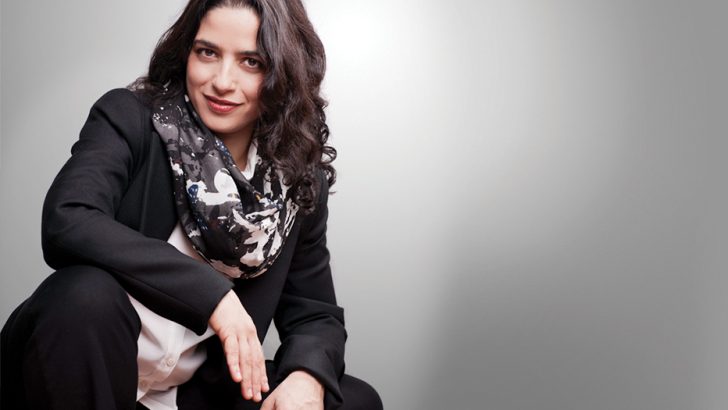Well, as Ira Gershwin, brother of George, said, “Things are looking up”, to which I will add “Praise, the Lord” as the National Concert Hall welcomes back its audiences.
Commemorating its 40th anniversary, the NCH, which opened as the country’s principal concert venue on September 9, 1981 (I was there), presented a less demanding, but none the less celebratory, programme last week that involved the Irish Chamber Orchestra, directed by leader Diane Daly, its offshoot Libra Ensemble and pianist Finghin Collins.
Back in 1981 the inaugural concert, with the RTÉ Symphony Orchestra, was devoted to Seóirse Bodley’s specially-commissioned Ceol, to a text by Brendan Kennelly, and Beethoven’s Choral symphony under the baton of Colman Pearce, the orchestra’s principal conductor.
The soloists were Violet Twomey (soprano), Bernadette Greevy (alto), Louis Browne (tenor), William Young (bass) and Aindreas O Gallchoir (narrator). The large choir was an amalgamation of forces from RTÉ, Our Lady’s Choral Society and the boys of St Patrick’s Cathedral.
In last Thursday’s ruby jubilee concert, string orchestral works by Schumann, Tchaikovsky and Grieg had the musicians playing from memory and gracefully gliding around the platform in interweaving twists and turns.
Before the main work – Mozart’s Piano Concerto in A K 414 – the redoubtable Finghin Collins presented music by Chopin and Deirdre Gribben executed with committed aplomb. Ms Gribben’s mostly vibrant Anfa Virga dates from 2015 when, as part of its Ros Tapestry project, the New Ross Piano Festival commissioned it.
The Mozart found the soloist heroic yet playful, sturdy yet elegant. The ICO/Libra combination was both classically poised and steadily buoyant and the performance gelled nicely together.
Mentioning New Ross reminds me that the 2021 piano festival runs from next Thursday September 23 to Sunday 26. Celebrating its 15th anniversary, the festival comes under the artistic directorship of the ubiquitous Finghin Collins. Performances centre on the acoustically excellent St Mary’s Church of Ireland.
Mr Collins’ artistic line-up includes French pianist and honorary Irishman Philippe Cassard who was the winner of the first Dublin International Piano Competition in 1988. His insightful performances on his many return visits have continuously endeared him to Irish audiences.
Other pianists joining Mr Cassard will be Moscow-born Katya Apekisheva, Britain’s Charles Owen, French/Swiss Cédric Pescia, Swiss national Christian Chamorel, Israeli Einav Yarden and young Dundalk-born Irish/Chinese Tiffany Qiu.
The opening day – Thursday 23 – is devoted to jazz through the Jim Doherty Trio at noon and the renowned British artist Jason Rebello in the evening.
French music has a fair representation through Chausson, Debussy, Fauré, Milhaud, Poulenc and Saint-Saëns. There is also an interesting world première with English composer Sally Beamish’s Sonnets for three players – Apekisheva, Owen and Collins – on two pianos on Friday 24.
Other ensemble pieces include piano quartets by Chausson and Mozart and the romantic sweep of Tchaikovsky’s Piano Trio. The festival will end in spectacular fashion on Sunday afternoon September 26 with Liszt’s phenomenal arrangement for two pianos of Beethoven’s Choral Symphony. No doubt Cassard and Pescia will take this daringly difficult version, dating from 1851, in their respective strides.


 Einav Yarden will be among those performing at the 2021 New Ross Piano Festival
Einav Yarden will be among those performing at the 2021 New Ross Piano Festival 